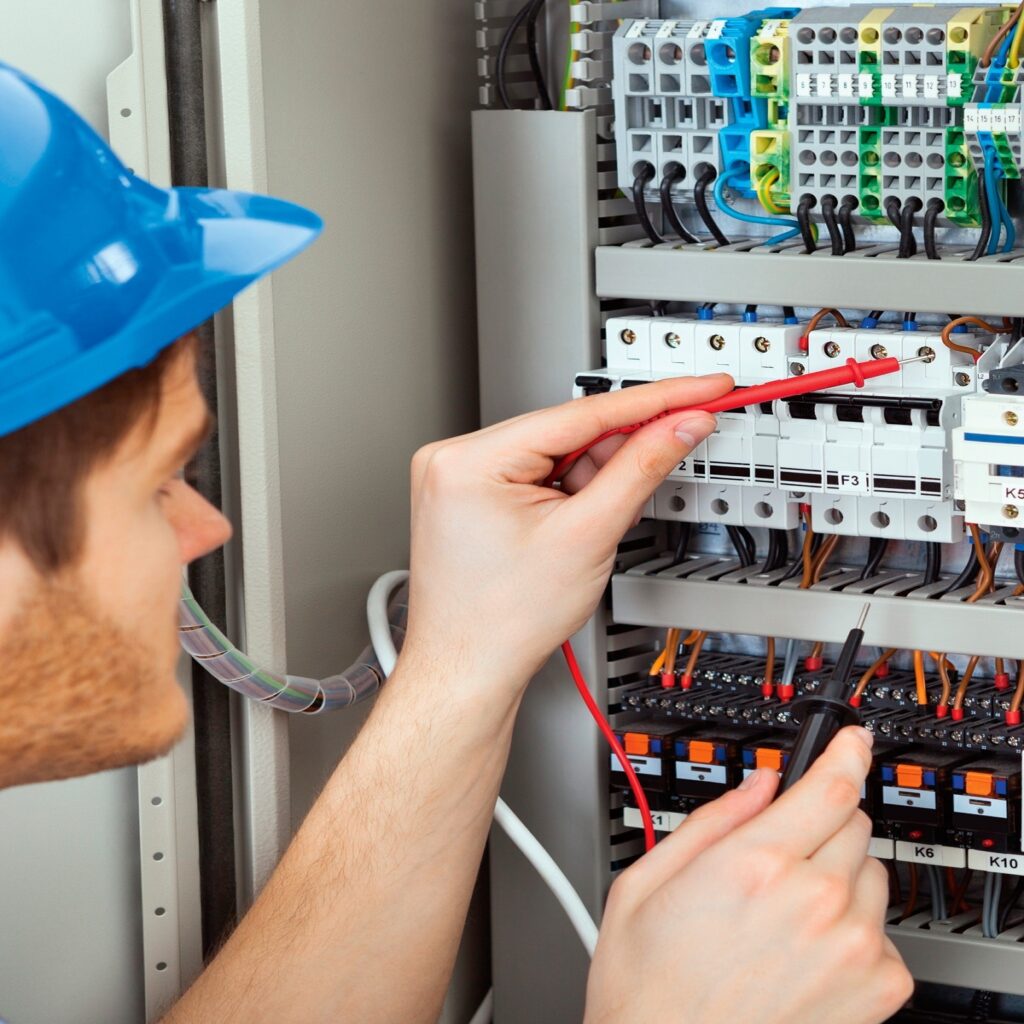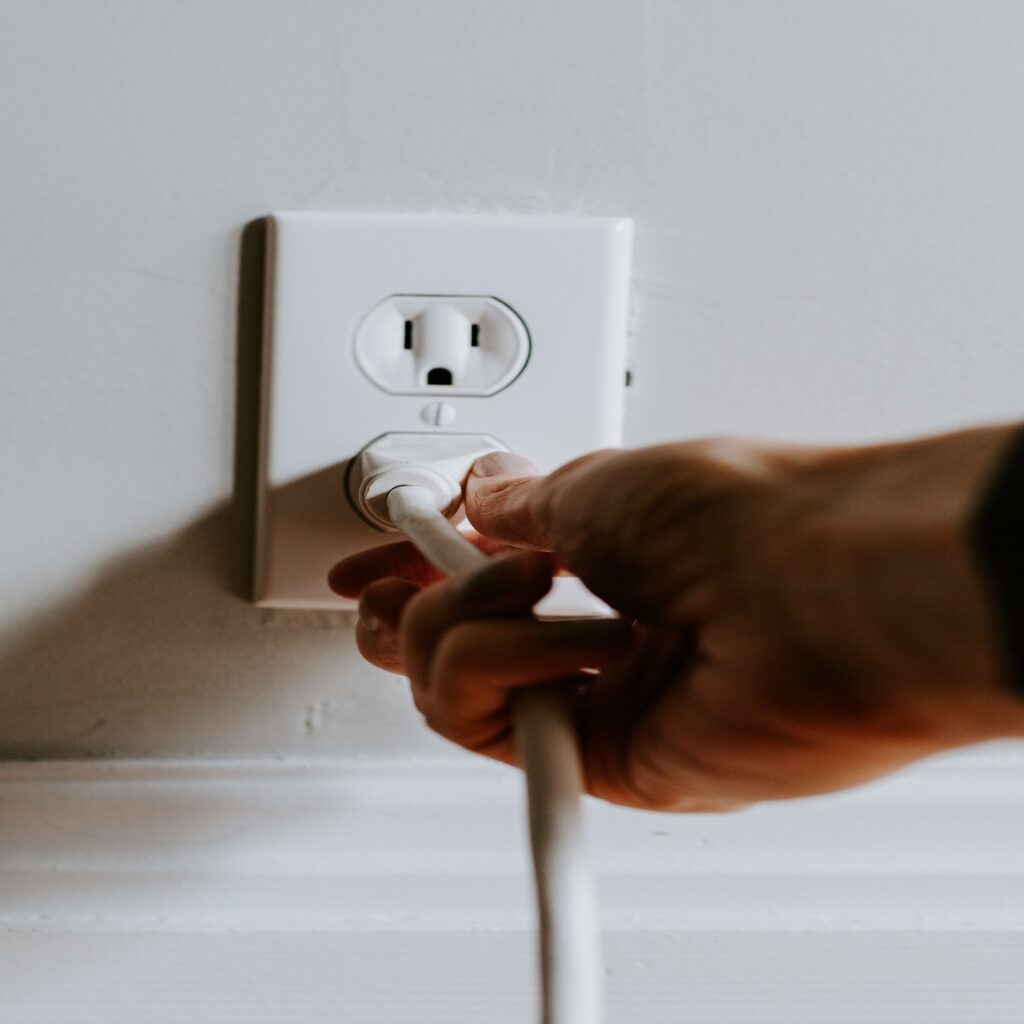
Experiencing electrical problems in your home can be stressful and inconvenient. However, many common electrical issues can be easily addressed by a professional electrician or even resolved yourself. This article provides tips on identifying and troubleshooting the most frequent electrical problems in households.
Don’t Be Left in the Dark: Recognizing and Resolving Electrical Issues at Home
The hum of your refrigerator, the glow of your favorite lamp, the reliable click of a light switch – electricity powers our daily lives so seamlessly, it’s easy to take it for granted. But when electrical issues arise, the peace and comfort of home can quickly shift into a frustrating and even dangerous situation. Knowing how to recognize and handle electrical problems is crucial for every homeowner.
Signs of Electrical Issues
Here are some telltale signs that something may be wrong with your home’s electrical system:
- Frequent tripping of circuit breakers or blown fuses – This likely indicates an overloaded circuit or a short circuit. Trace the issue to the affected appliances and outlets.
- Flickering or dimming lights – Can signal a loose connection, outdated wiring or overloaded circuit. Observe if the flickering follows a pattern.
- Unusual buzzing or sizzling from outlets – Potentially dangerous and may suggest loose wiring. Have an electrician inspect immediately.
- Burning smell from outlets or switches – Also dangerous and could mean overheated wires. Turn off power and call an electrician promptly.
- Sparking from outlets – Can occur from faulty wiring and requires urgent electrician attention due to fire risk.
- Malfunctioning appliances and electronics – If multiple devices suddenly stop working, the issue may be electrical rather than the appliance itself.
Safety Precautions
- Turn off power supply at the breaker if you suspect a serious electrical issue like sparking outlets.
- Never touch exposed wires or attempt electrical repairs without proper training – the risk of electrocution is high.
- Invest in a voltmeter to test voltages for outlets that seem to not be functioning normally.
- Check your electrical panel to look for tripped breakers if certain rooms or devices stop working.
- Install GFCIs (ground fault circuit interrupters) in any high-risk areas like kitchens, bathrooms and outdoors. This will shut off power in case of shorts.


When to Call an Electrician
Contact a licensed electrician immediately for:
- Frequent blown fuses needing replacement
- Strange burning smell coming from outlets
- Visible sparks or exposed wires
- Multiple outlets that stopped functioning
It’s better to be safe than sorry. Electrical issues can rapidly escalate into fires and put your home at risk if left unaddressed.
Minor issues like isolated tripped breakers, flickering lights and occasional appliance malfunctions may be DIY troubleshooting. But always call an electrician if you have persistent electrical problems or any concerns over safety.


